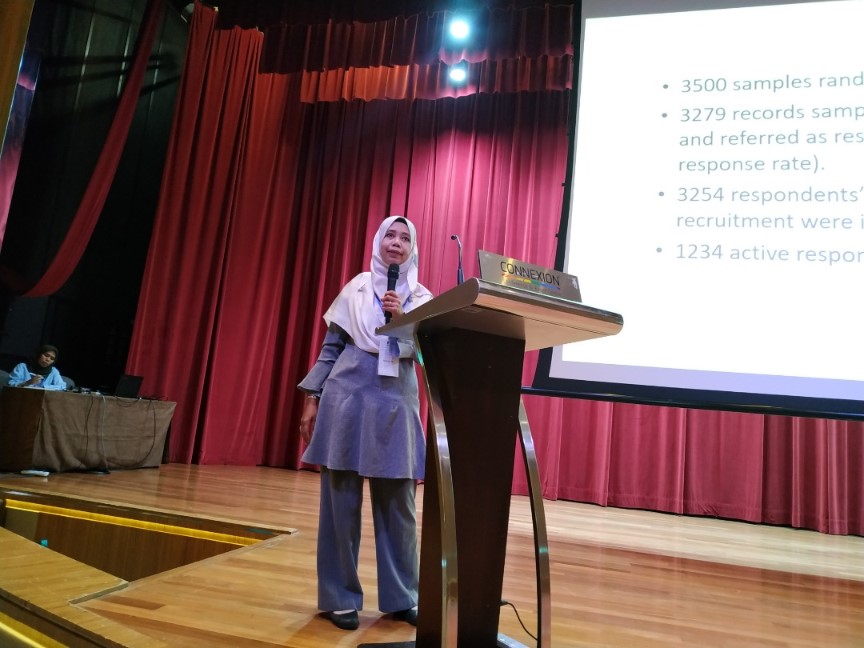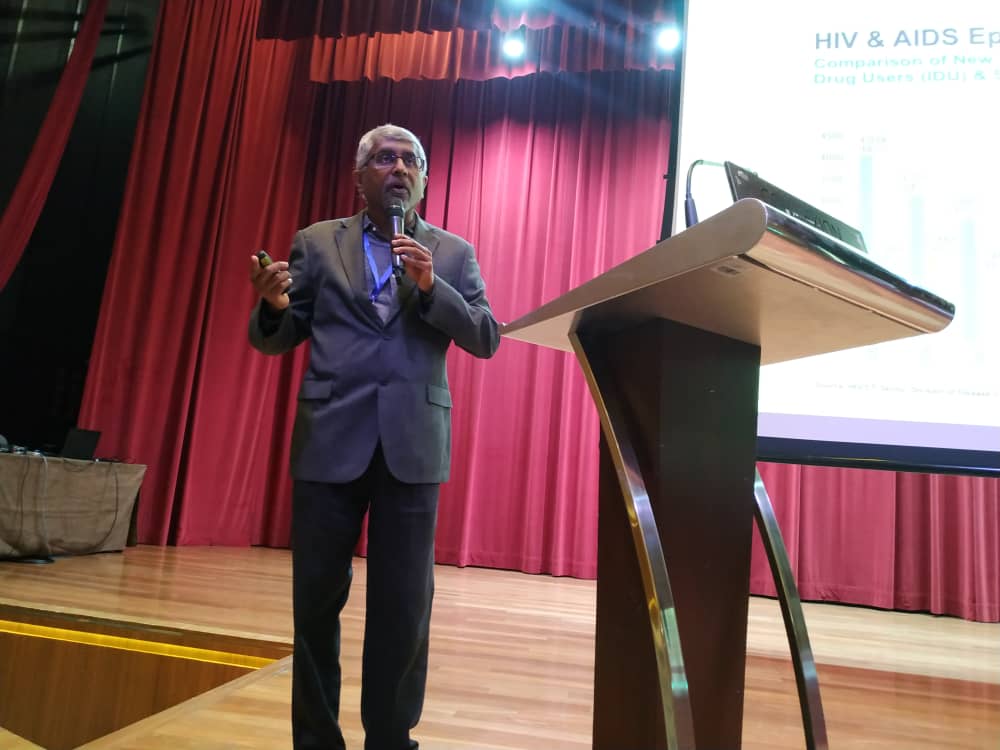KUALA LUMPUR, Sept 3 — Experts have sounded a warning bell about a growing addiction in Malaysia to prescription painkillers amid a rise in pain clinics.
Dr Sivakumar Thurairajasingam, Deputy Head (Education) of Clinical School Johor Baru, Jeffrey Cheah School of Medicine and Health Sciences at Monash University, said Malaysians now had greater access to prescribed opioids at pain clinics.
“Is prescription opioids a huge thing? It’s a huge thing,” Dr Sivakumar told the Second Federation of Private Medical Practitioners’ Associations Malaysia (FPMPAM) Malaysian Health Care Conference here last Saturday.
“I sit in private, I see more. If I’m an addict, I’m not going to walk into any government centre because I’m scared because there are rules which comply doctors to report. We don’t do it, yes, but the fear has been keeping people away,” added the consultant psychiatrist.
The Drug Dependants (Treatment and Rehabilitation) Act 1983 compels medical practitioners, including government medical officers, to notify authorities about patients they treat for “drug dependency”, failing which they may be fined up to RM2,000.
Dr Sivakumar told CodeBlue after the conference that he has seen patients addicted to pain pills like oxycodone and pethidine.
“It’s not big enough to substantiate and make a statement that we’re facing a problem, but looking at trends around the world, I think it’s something we have to be careful about.”
An Oklahoma court recently ordered Johnson & Johnson to pay the state US$572 million in the first trial of a pharmaceutical company over the opioid crisis ravaging the United States.
Dr Sivakumar said people addicted to prescription opioids generally had other health issues and were on pain treatment for things like post-operation and back problems.
“Many of them are people with other comorbid problems,” he said. “It’s something we should screen and look into.”

Dr Norsiah Ali, the head of clinic at the Masjid Tanah public health clinic in Melaka, similarly told the FPMPAM conference that she was seeing referrals from pain clinics in a government hospital for addiction to prescription opioids like tramadol.
She related how she treated a 23-year-old woman, who was using tramadol since 18 for persistent pain, by putting her on detox and switching her to another opiate.
“Actually it’s a worrying issue now. Personally, I have not that many experience with prescription opioids in Malaysia being addressed as an issue.
“But I tell you, when I was in Australia in 2007, they were already having a lot of issues with prescription opioids,” Dr Norsiah told the FPMPAM conference. “It has become one of the most dependency to substance in Australia now — prescription opioids.”
Dr Norsiah said Malaysian general practitioners (GPs) must be cautioned about painkiller addiction.
“What the developed countries experience, sleeping tablets like benzodiazepine, tramadol for pain, those are common ones that can be obtained for pain relief, for sleep.”
The addiction specialist said her clinic in Melaka is one of six one-stop centres for addiction (OSCA) in Malaysia piloted by the Health Ministry in 2017 to treat addiction to other drugs beyond heroin. The other OSCA are located in the Batu 9 Cheras public health clinic in Selangor, Butterworth health clinic in Penang, Kuala Besut health clinic in Terengganu, Menggatal health clinic in Kota Kinabalu, Sabah, and Tudan health clinic in Miri, Sarawak.
Dr Norsiah, who has 189 patients at the Masjid Tanah OSCA, said her clinic receives fortnightly visits from Hospital Melaka clinical psychologists, a medical social worker, and counselors from the National Anti-Drug Agency (AADK).
“Heroin is no more an issue. We know how to manage patients on heroin, but challenging ones are synthetic drugs, other drugs.”








